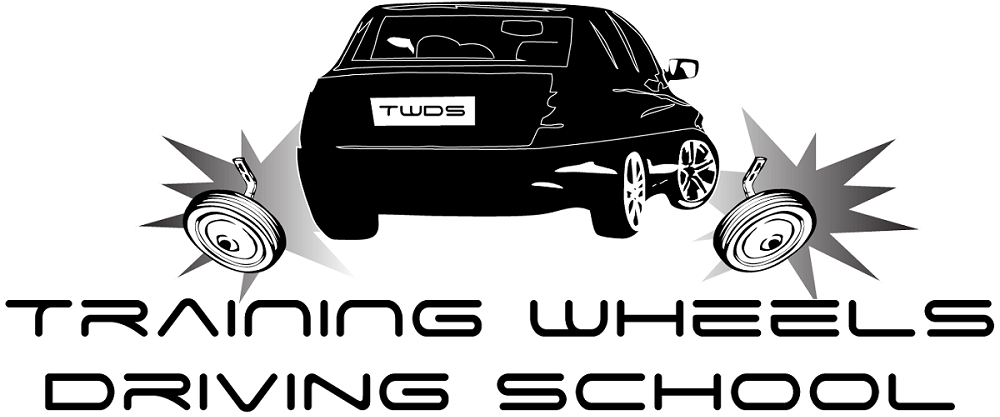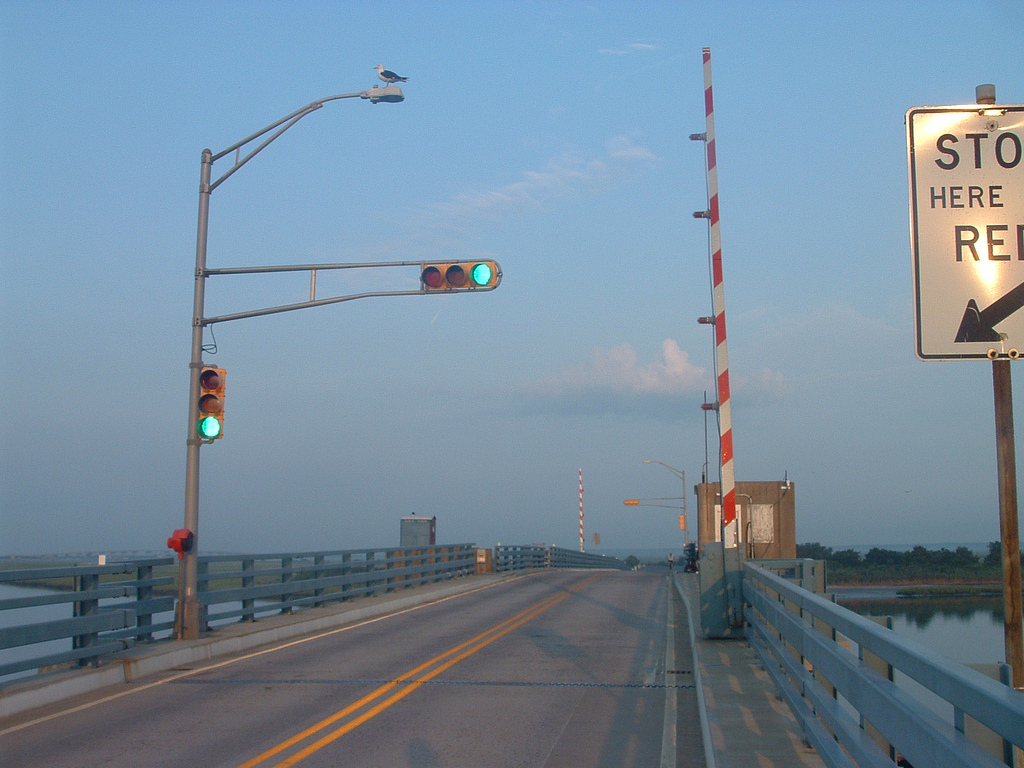An open road, full tank of gas, and warm, gentle breezes are enough to make anyone want to take a drive. During summer, many people take a vacation and in recent years, budgetary constraints have resulted in more people driving than flying to summer vacation destinations. Whether you are a new driver or have had a license for years, it is important to prepare your car and yourself for summer driving.
Tire pressure is an important consideration during summertime. Underinflation is a safety hazard and compromises fuel economy. If tires are not properly inflated, summer heat can cause them to blow out while driving. Take a cold pressure reading before starting to drive for the day, check it against the recommended pressure in the owner manual, and add necessary air before beginning a journey.
If the car will be packed with passengers and luggage or a waverunner, boat, or other equipment will be towed, consider using radiator coolant additive to lower surface tension of radiator fluid to more efficiently disburse heat. This decreases radiator temperature to help prevent overheating. To maximize handing and fuel economy, pack lightly and remove unnecessary items from the trunk.
Get plenty of rest and eat a hearty meal before embarking on a long road trip. Plan frequent rest breaks and share driving with others, if possible. Drowsy driving can be very dangerous so if you get tired, pull over and take a nap. When taking a day trip to an event where alcohol will be consumed, designate a sober driver or alter the plans to stay overnight. Almost 11,000 people die each year in drunk driving accidents and summer is filled with holidays and events that may include drinking.
Even a weather forecast of thunderstorms is not enough to keep some people from summer vacations. When driving during a rainstorm, slow down, turn on headlights and windshield wipers, and maintain a safe distance from the car in front of you in case quick braking becomes necessary. Keep the radio tuned to a weather station and if rain becomes too heavy, pull onto the shoulder of the road when it is safe, park the vehicle away from trees, turn on emergency flashers, and wait out the storm.
Drivers should always be aware of pedestrians, bicyclists, and motorcycle riders. During summer holidays, traffic tends to increase so be even more alert. Emerge slowly when pulling out of side streets, taking time to verify that the area is clear. Maintain a safe distance with riders, yield appropriately, and be careful when opening car doors.
*Photo Courtesy of William F. Yurasko via Creative Commons License

